Afghan Journalists Tell Of Taliban Beatings After Covering Protests
Two Afghan journalists were left with ugly welts and bruises after being beaten and detained for hours by Taliban enforcers for covering a protest in the Afghan capital.
The pair were picked up at a demonstration on Wednesday and taken to a police station in the capital, where they say they were punched and beaten with batons, electrical cables and whips after being accused of organising the protest.
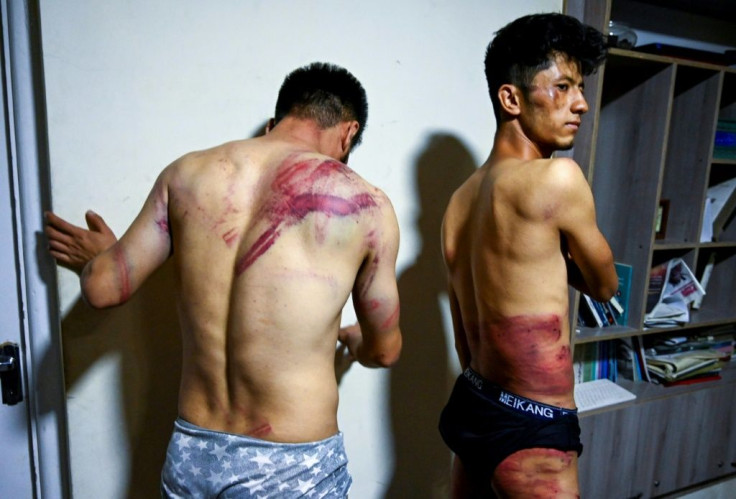
"One of the Taliban put his foot on my head, crushed my face against the concrete. They kicked me in the head... I thought they were going to kill me," photographer Nematullah Naqdi told AFP.
Despite promises of a more inclusive regime, the Taliban have moved to snuff out mushrooming opposition against their rule.
On Wednesday night they declared demonstrations illegal unless permission had been granted by the justice ministry.
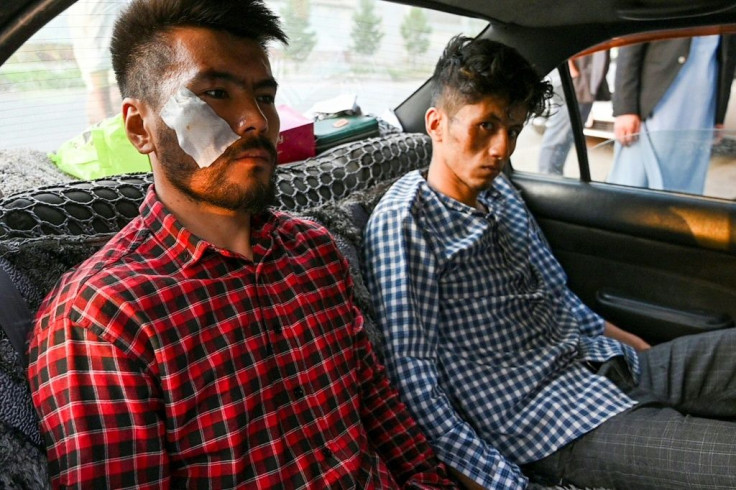
Naqdi and his colleague Taqi Daryabi, a reporter, who both work for Etilaat Roz (Information Daily) had been assigned to cover a small protest in front of a police station in Kabul by women demanding the right to work and education.
Naqdi said he was accosted by a Taliban fighter as soon as he started taking pictures.
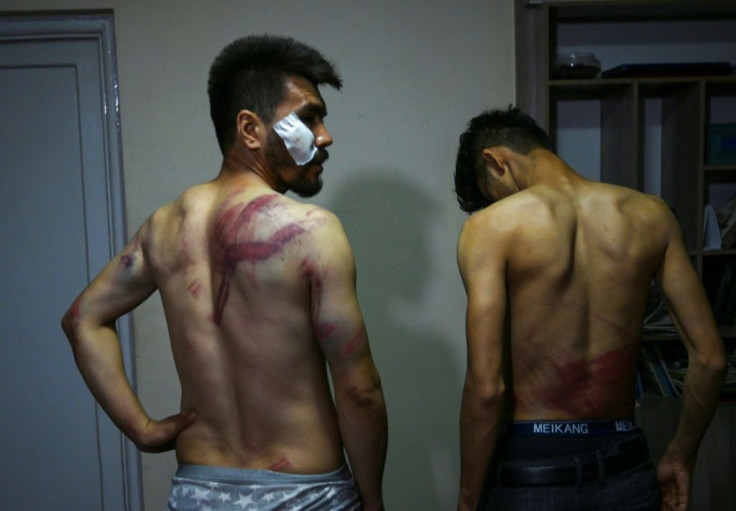
"They told me 'You cannot film'," he said.
"They arrested all those who were filming and took their phones," he told AFP.
Naqdi said the Taliban tried to grab his camera, but he managed to hand it to someone in the crowd.
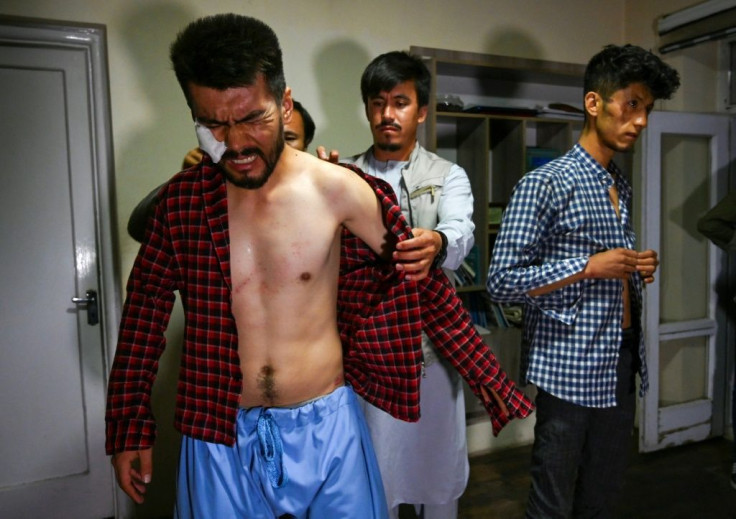
Three Taliban fighters caught him, however, and took him to the police station where the beatings started.
Taliban officials have not responded to repeated requests for comment from AFP.
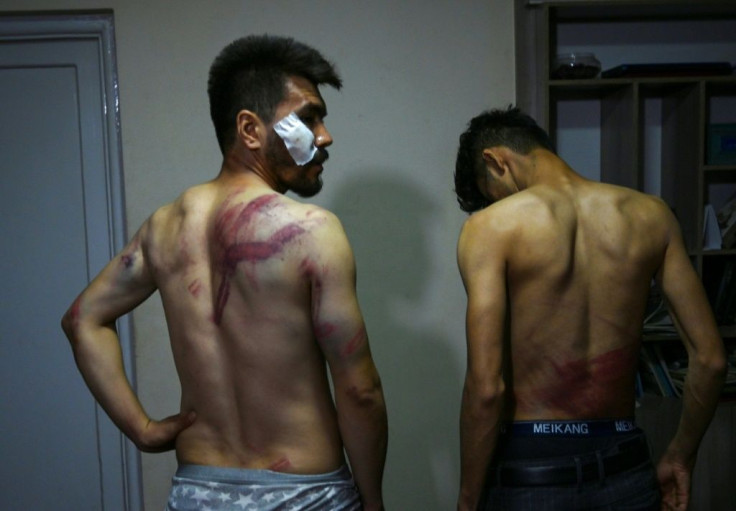
"The Taliban started insulting me, kicking me," said Naqdi, adding that he was accused of being the organiser of the rally.
He asked why he was being beaten, only to be told: "You are lucky you weren't beheaded".
Naqdi was eventually taken to a crowded cell where he found his colleague, Daryabi, who had also been arrested and beaten.
"We were in so much pain that we couldn't move," Daryabi said.
A few hours later the pair were released without explanation -- sent on their way with a string of insults.
"They see us as enemies," Taqi said.
The Taliban have claimed they will uphold press freedoms -- in line with unspecified Islamic principles -- although journalists are increasingly being harassed covering protests across the country.
In recent days, dozens of journalists have reported being beaten, detained or prevented from covering the protests, a show of resistance unthinkable under the Taliban's last regime in the 1990s.
Most are Afghan journalists, whom the Taliban harass more than the foreign media.
The protests are proving an early test for the Taliban, who after taking power on August 15 promised a more tolerant rule and to work for "the peace and prosperity of the country".
Zaki Daryabi, chief of the Etilaat Roz newspaper, said the Taliban's words rang hollow.
"This official speech is totally different from the reality that can be observed on the ground," he told AFP.
© Copyright AFP 2024. All rights reserved.







